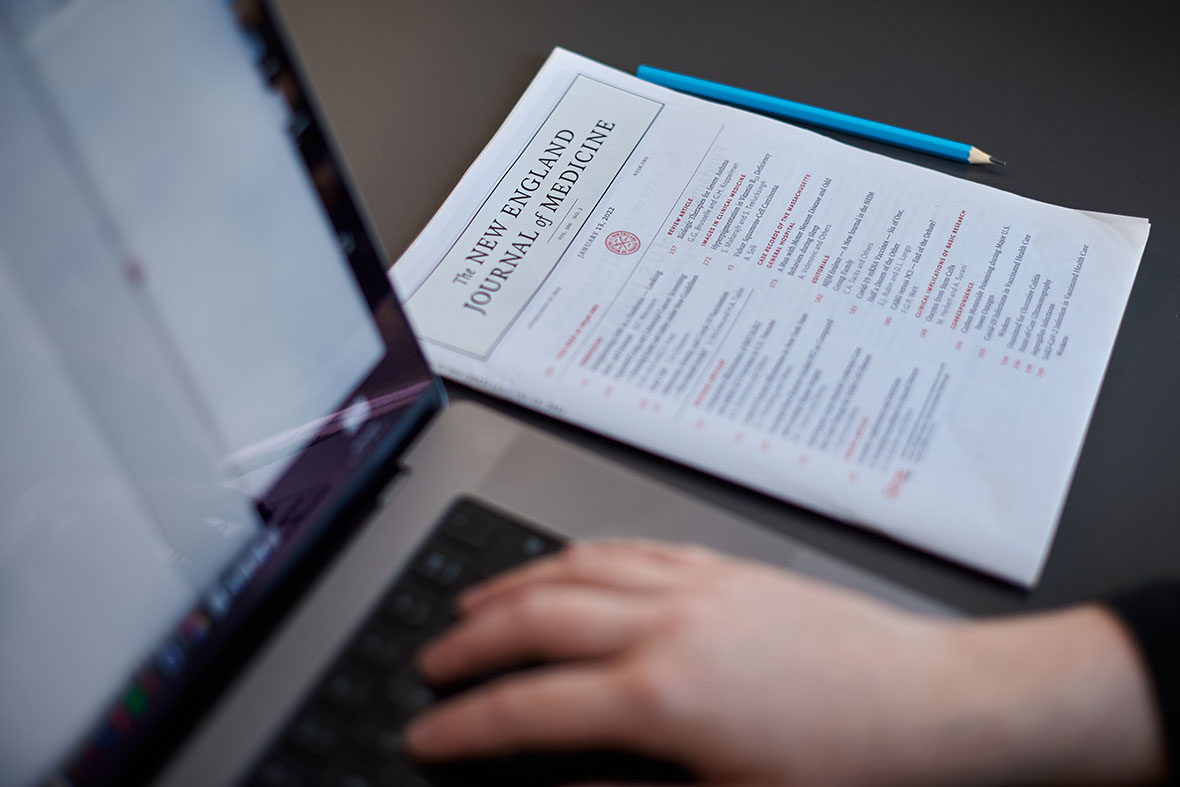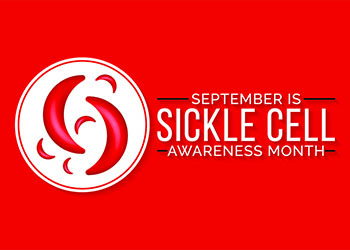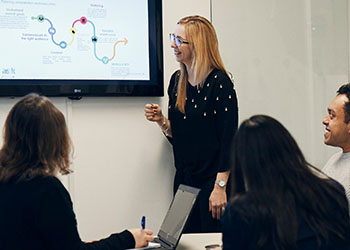What does a Principal Medical Writer do anyway?

From Associate Medical Writer to Principal Medical Writer (PMW), my primary role has always been to create content. And that’s great for me as it’s what led me to a career in medical writing in the first place – a love of science, a love of language, and a passion for communicating.
Thinking beyond the project
But, while a typical day involves researching, writing and referencing, it also involves thinking beyond the project to the bigger picture. For all my projects, I have to think about strategy, synergies with other projects, and opportunities for business development. How does this project fit into the client’s overall strategy? Why are we doing this project now? Does it complement or affect another project that we’re already working on? What other projects could we suggest to further support the client’s strategy?
It is this approach that gives Remedica the edge for our clients – we’re not just reactive, we’re proactive. We think big, but we also think smart. From developing a budget and thinking about how to allocate the tasks so that the right people are doing the right job at each stage, through to building strong partnerships with our clients so they give us what we need to make the whole process run smoothly.
Providing knowledge leadership
To work at optimal efficiency, we need to ensure that our people have the skills and knowledge that they need – we’ve got a great team here and everyone is keen to learn and to help each other out! So, some of my time is spent identifying training needs, developing training materials, and running training sessions. This could be training on writing, the pharma industry itself, or a specific therapy area. Examples might be ‘how to write a paper’, ‘what is an orphan drug?’, or a journal club on the primary paper from a key trial. Knowledge sharing is a key part of being a PMW, so I make sure I’m on top of industry and therapy area news, and let the team know when something important happens!
PMWs are also encouraged to provide more than just writing support. As a mentor in the Remedica Mentoring program, I try to use my experience to offer advice and inspire confidence in my mentees. We’re all learning, and the Mentoring program offers us a chance to develop ourselves as well as others. Some mentors catch up with their mentees once a month over Microsoft Teams, others see their mentees more regularly for a cup of tea in the office. As long as the relationship is enriching and positive, it’s whatever works for the mentor and the mentee!
Applying the Remedica difference
The writers you’ll meet at Remedica are different to those in other agencies. Sure, we’re serious scientists, but we’re also passionate and energetic. We don’t just sit at a desk regurgitating copy. We collaborate, we ask questions, we aren’t afraid to challenge the status quo and try something different. We don’t hide behind Client Services – we are visible, and we are encouraged to actively participate in discussions with the internal team (Creative, Digital, Senior Management, etc.) and with clients.
Like many Med Comms agencies, when COVID hit the Remedica team had to adapt to working from home full time pretty quickly. But we made it work – and that’s probably down to the collaborative and supportive team atmosphere that we have here. We now operate a flexible working policy, which means every day I can choose whether to stay at home and avoid the commute, allowing me to pop to the gym after work, or I can go into the office, have a break from virtual meetings, and see a friendly face.
If you’d like to be part of our enthusiastic and friendly team, then do get in touch! Visit our sister site AS&K Group for job opportunities here.
Claire Foskett has been a PMW at Remedica for 8 years. She has been lead writer on numerous accounts, from orphan drugs to blockbusters, from ophthalmology to oncology. She has extensive experience across many different project types, from the humble slide deck to the multi-meeting training program.



